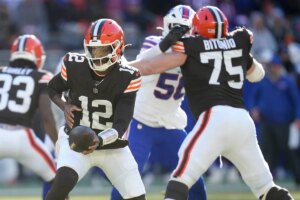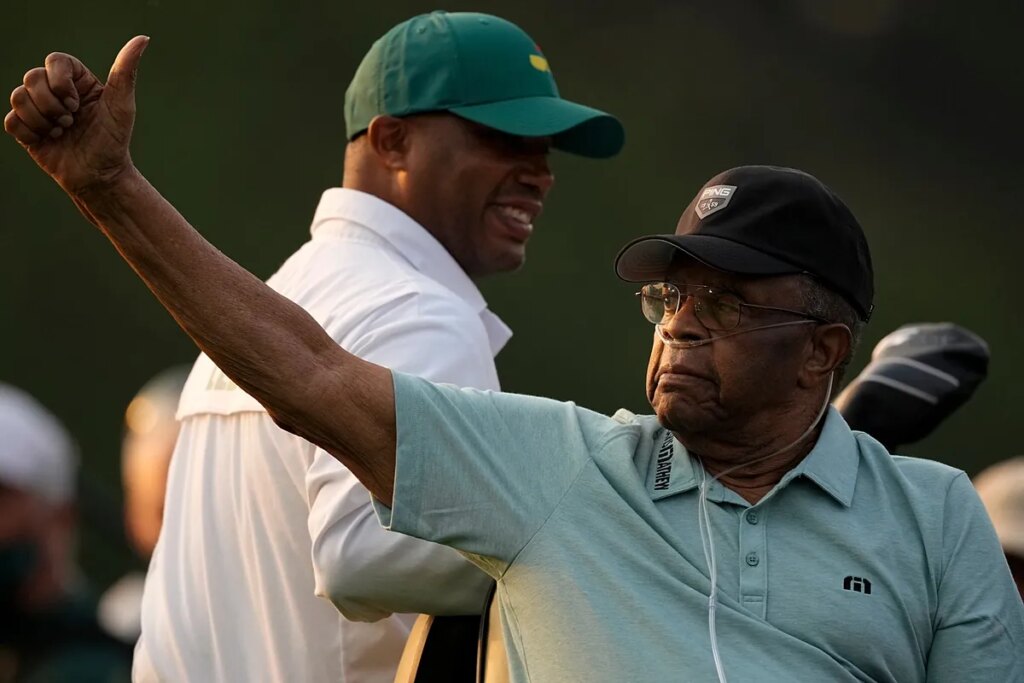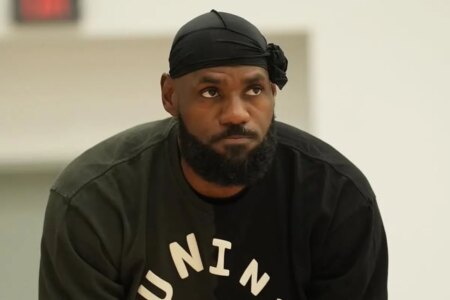As the Mastersbegins this week, the buzz around Augusta National is focused on familiar storylines. Can Rory McIlroy finally complete the career Grand Slam? Will Scottie Scheffler keep up his dominant stretch? And what kind of reception awaits Angel Cabrera after his prison stint?
But something else hangs in the air too-something deeper. This year marks the 50th anniversary of Lee Elder becoming the first Black golfer to play in the Masters. It’s a milestone worthy of full-throated celebration. And yet, one of the men closest to that moment in 1975 still finds himself on the outside looking in.
Carl Jackson, the longtime Augusta caddie who worked 54 Masters and helped guide Ben Crenshaw to two green jackets, remembers that day well. He wasn’t on the bag; he was in the crowd, watching Elder step onto the first tee with the weight of history on his shoulders.
“We all put weight in him”: The day Augusta changed and what’s still missing today
“I was nervous for Lee,” Jackson said recently in an interview with The Guardian. “That was a big moment, not just for golf, but for the country.” The club’s caddie culture had long been Black. The players? Almost entirely white. Elder changed that dynamic with a single swing.
The tournament could have easily shut him out, just like it had done with other Black pros before him. But in 1975, Elder teed off to a largely respectful reception-and while he missed the cut, his presence shifted something fundamental in the sport.
What hasn’t shifted, Jackson says, is golf’s ongoing struggle with inclusion. Despite working over five decades at Augusta, Jackson was denied credentials again this year.“For someone that worked there for 54 Masters… it is mind-boggling,” he said.
His story is now part of a new documentary, Rise Above, which shines a light on his journey from caddie shed to Augusta legend. But being in a film isn’t the same as being inside the ropes.
Augusta has made gestures toward honoring Elder. Scholarships at Paine College. A belated honorary starter title in 2021, just months before his death. But the broader question Jackson poses remains: Is golf actually doing the work?
“I think it could do more,”Jackson said. “And not just for Blacks. We’re all Americans, but somehow we keep getting separated.”
Fifty years later, the Masters still opens on April 10. The fairways are pristine, the drama palpable. But some of its richest stories-like Carl Jackson’s-remain just beyond the spotlight.
Read the full article here











